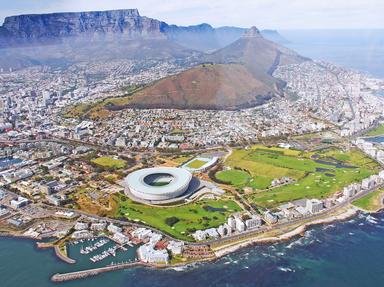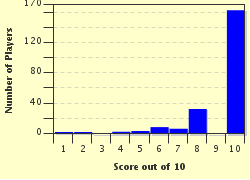
Dates to Remember - South African Style Quiz
Every country has dates that have shaped or changed the nature of the future of that country. South Africa, with its complex and often troubled past, is no exception. This quiz asks you to match the date with the milestone.
A matching quiz
by KayceeKool.
Estimated time: 3 mins.
- Home
- »
- Quizzes
- »
- History Trivia
- »
- African
- »
- South Africa
